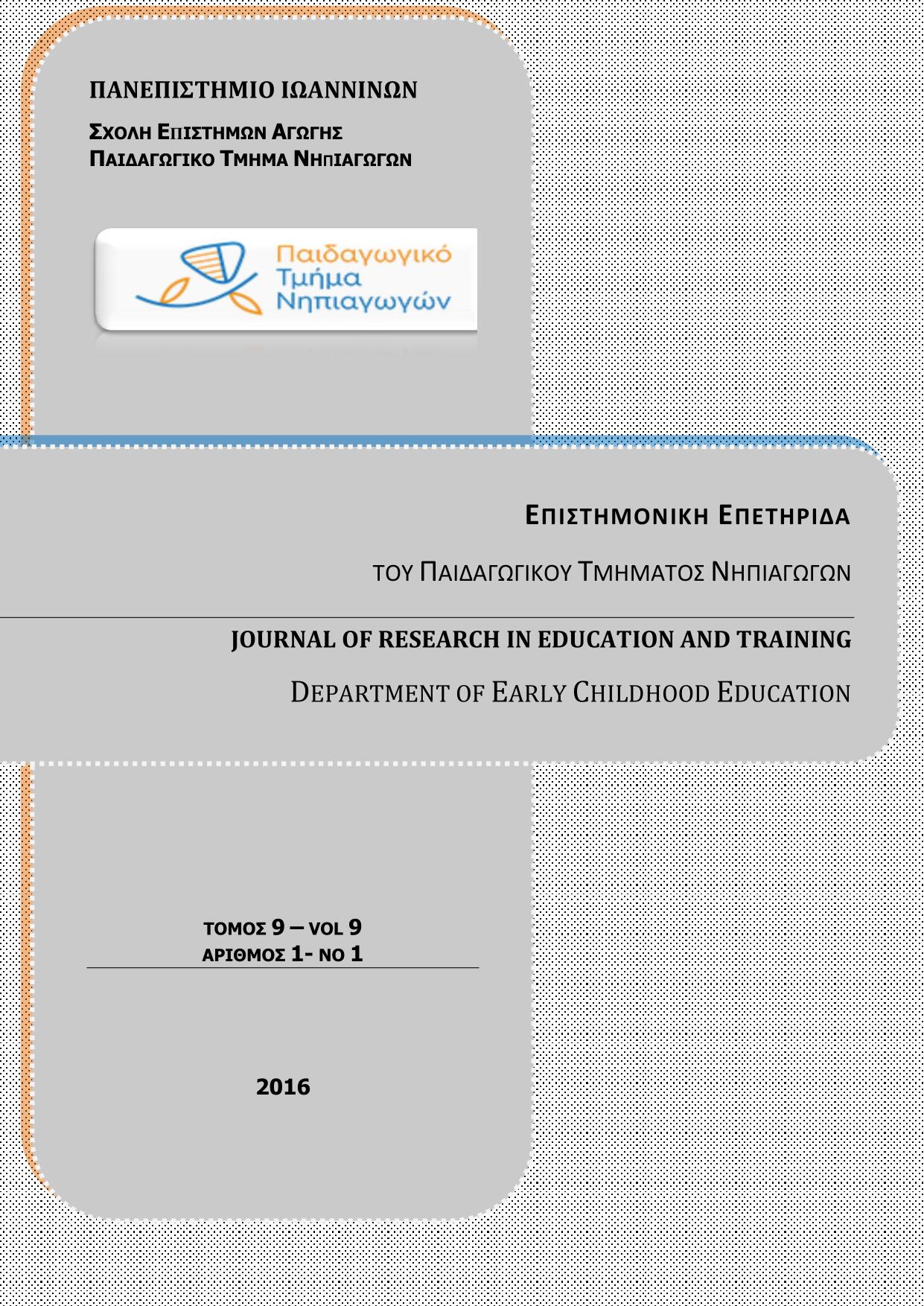Educational mediation in diversified narration about the culture of happiness

Abstract
New forms of discourse in the political setting are reproduced by the economic crisis. Narratives in education are the outcome of combining elements which emphasize social and cultural reproduction in new terms. The individual is put in a process of transforming thoughts and emotions and of establishing the self while happiness is sought after among apolitical meanings. Changing the economic paradigm points at intensified social inequalities namely decreased social mobility and concurrent increase of marginalized people. A social world is explicitly or implicitly established by the educational system on the basis of knowledge and representations reflecting the defined reality. Individual-enhancing personal courses are reinforced by the structure of the educational system. Upper social strata are strengthened by their choices, defining happiness in their own terms and reassuring their class role through imposed authoritative relations and dominance structures. The educational system is entrapped in a political disorientation, while everyday reality situations are becoming meaningless towards the formation of vague schemata of happiness and failure. In this respect, individual effort is emphasized while social contracts, political situations and social identities, all being part of an active political environment, are rejected. Education could play an intervening, mediating role with concentration on reflective in-action by affecting people’s behavior and giving different meaning to happiness through the construction of messages associating happiness with political action. Within a political ideological paradigm, curriculum reformation, the political approach of reality and shift from superficial meanings to hidden political codes will be conducive to shaping instrumental and expressional orientations into political humanistic values.
Article Details
- How to Cite
-
Καλεράντε Ε. (2016). Educational mediation in diversified narration about the culture of happiness. Journal of Research in Education and Training, 9(1), 182–207. https://doi.org/10.12681/jret.8698
- Issue
- Vol. 9 No. 1 (2016)
- Section
- Articles

This work is licensed under a Creative Commons Attribution-NonCommercial-ShareAlike 4.0 International License.
Authors who publish with this journal agree to the following terms:
- Authors retain copyright and grant the journal right of first publication with the work simultaneously licensed under a Creative Commons Attribution Non-Commercial License that allows others to share the work with an acknowledgement of the work's authorship and initial publication in this journal.
- Authors are able to enter into separate, additional contractual arrangements for the non-exclusive distribution of the journal's published version of the work (e.g. post it to an institutional repository or publish it in a book), with an acknowledgement of its initial publication in this journal.
- Authors are permitted and encouraged to post their work online (preferably in institutional repositories or on their website) prior to and during the submission process, as it can lead to productive exchanges, as well as earlier and greater citation of published work (See The Effect of Open Access).


